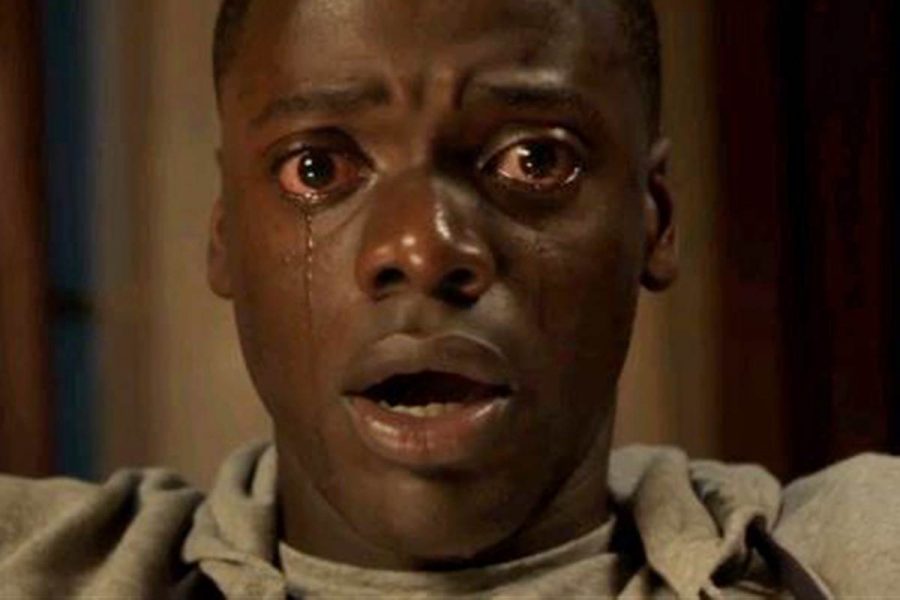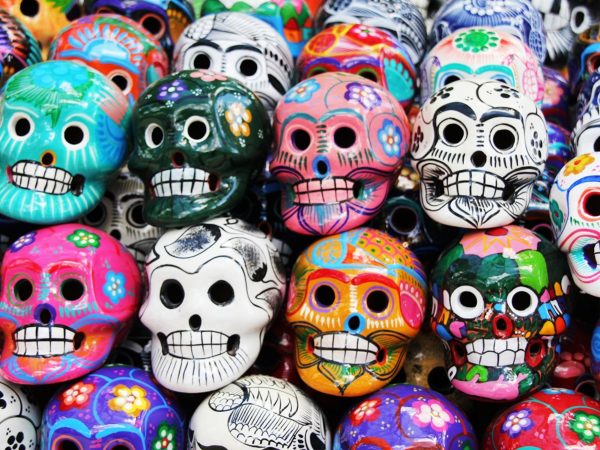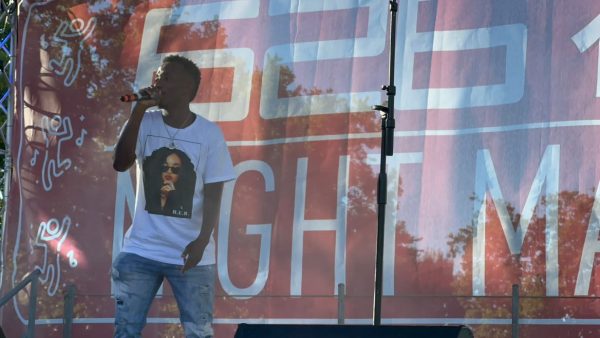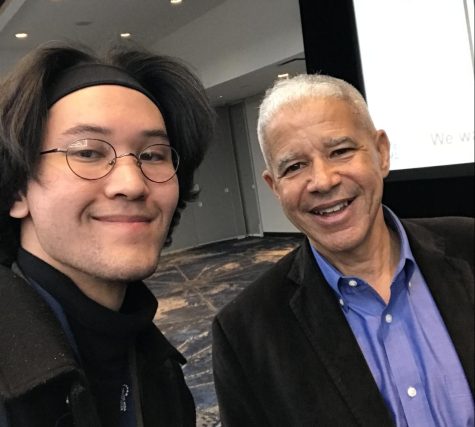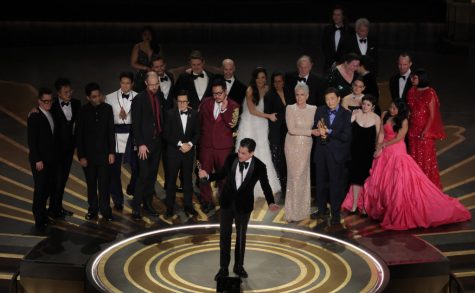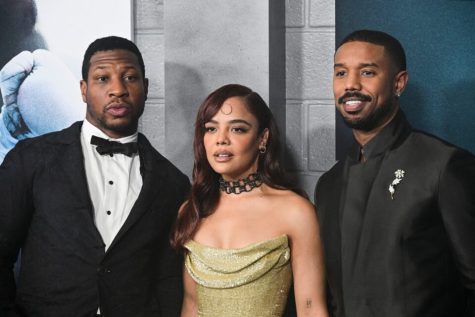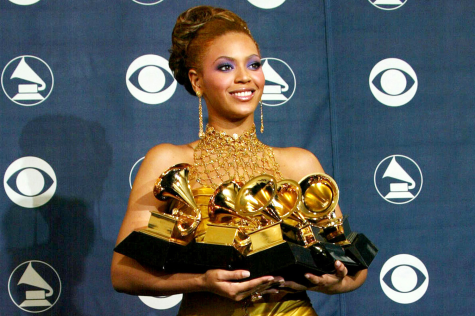‘Get Out’ tackles social, race issues
March 15, 2017
The new film “Get Out” is a turning point as a horror movie, and hopefully will inspire future filmmakers to take a different approach to making horror movies.
When I saw the trailer for “Get Out,” I was looking forward to seeing a horror film that included a focus on African Americans, something I am not use to seeing. “Get Out” is about a young African American male named Walter, who visits his Caucasian girlfriend Rose’s parents’ house to meet them for the first time. Although the family had superficial welcoming faces, their intentions were not.
I hope future filmmakers decide to take on a different twist on how they create scary movies with subjects they are passionate about such as politics, music, human rights etc. The movie had some African Americans portrayed as quirky characters, such as strange dialect and facial expressions, traits we tend to see more in non-black characters in movies, which made “Get Out” unique.
In a couple of scenes, Rose’s family members made racist remarks towards Walter about voting for Obama a third term if he could and about how Tiger Woods is a great athlete.
I’m a mainstream horror fan, and have been obsessed with horror movies since I was a teenager. But there are cliches in these films that I’ve come to expect. One is that the racial narrative is usually the same: Caucasian characters fight against paranormal activity, while African Americans are the first to die. Secondly, the ending of these movies almost always leaves the story open to a sequel.
Common racial narratives exist in any type of movie: Asian women are sexualized, Arabs are portrayed as thieves and Hispanics play maids. Even films directed by African Americans that feature predominantly African American casts don’t always speak to me. They often depict certain characteristics — being Christian, being musically talented, knowing certain dialects — that I do not posses.
I feel like I have seen the same cliches of African Americans on TV and in movies like “Precious” and “The Maury Show.” I always feel distanced from African American characters who are Christian, gangbangers or portray certain stereotypes that negatively affect how black viewers and other ethnicities view African Americans, most commonly as being obnoxiously loud, gangbangers and thieves.
Although I think it’s great how the Hollywood industry is becoming more diverse, I think even within cultural-based movies, we should stop generalizing and let characters play a character without being framed around their skin color.
According to international news site TheGuardian.com, “negative mass media portrayals were strongly linked with lower life expectations among black men. These portrayals, constantly reinforced in print media, on television, the internet, fiction shows, print advertising and video games, shape public views of and attitudes toward men of color.”
In our society, African American men are portrayed as violent, athletic or gang-affiliated. The protagonist in “Get Out” portrayed neither of those characteristics, but was a smart, quick thinker and a talented photographer.
While I know a lot of African American men who portray these types of well rounded qualities, many non-African Americans do not, and the protagonist portrayal is the first step to seeing how non-African Americans view us. Growing up, I’ve been told by non-black people that I don’t act like the ones they see on TV — loud, ignorant or “ghetto.” This has caused irritation for me, but I knew we could only blame media.
Although African Americans are not the only ones that go through this, I hope other movies featuring minorities show us their perspective of social issues or any type of politics in a creative way; whether it’s a romance, action or horror movie like “Get Out.” I think this will allow people to be entertained but also leave with some educational value of what is going on in today’s society.
I hope that movies in the future focus less on building the character around their skin color and movies featuring minorities become more popular. Although horror movies are my favorite, I hope “Get Out” inspires people to make unique plots and add something we don’t usually see in theatres.




